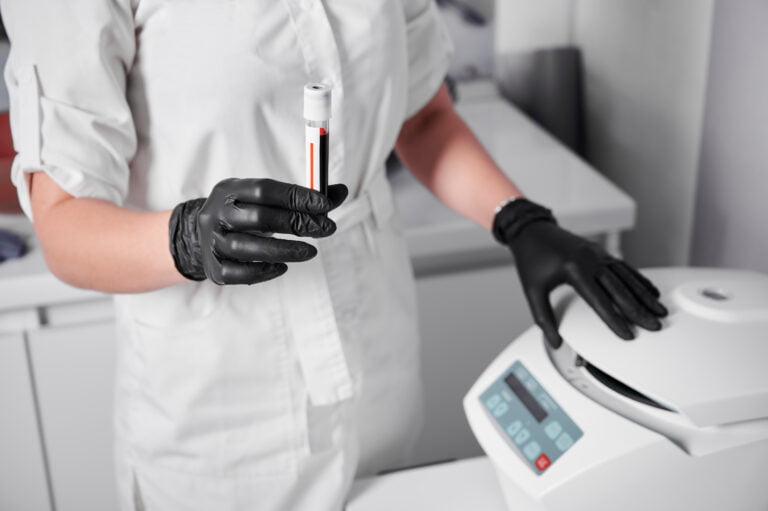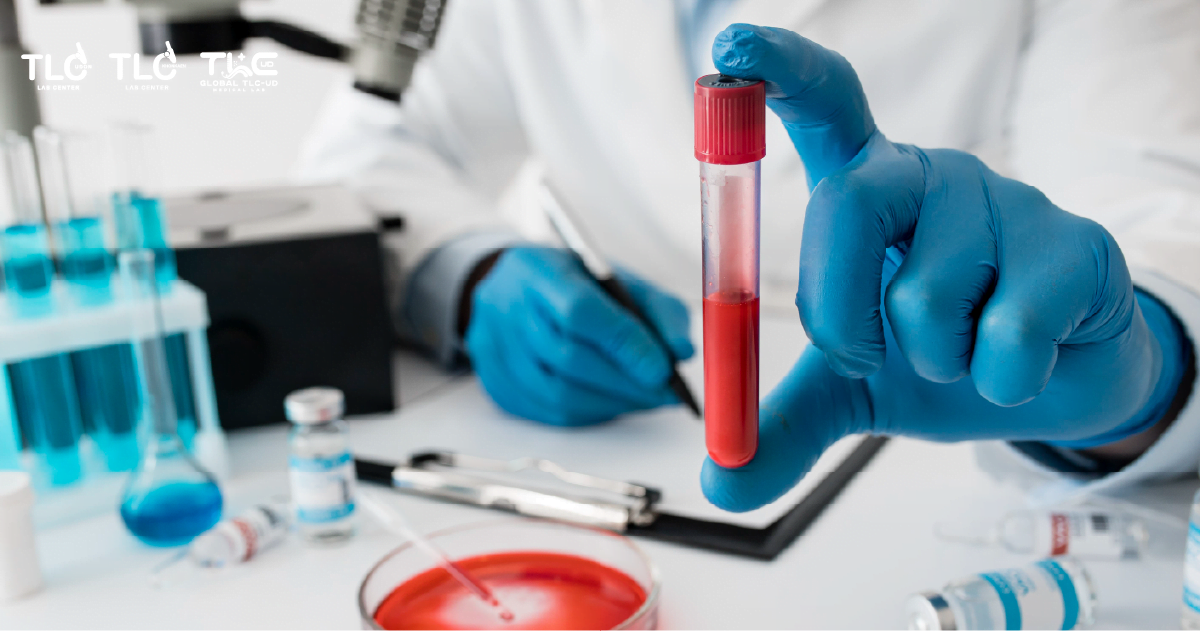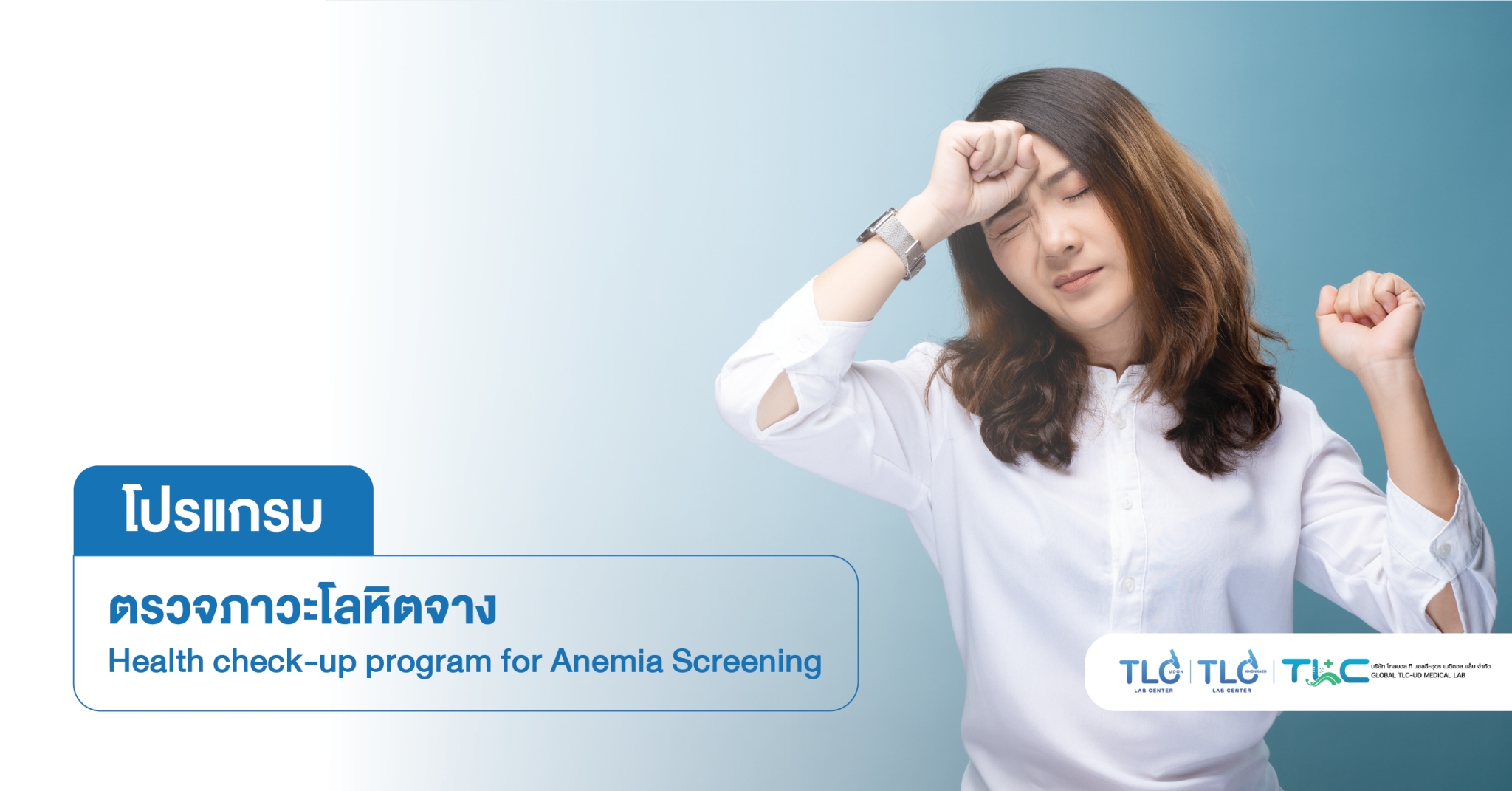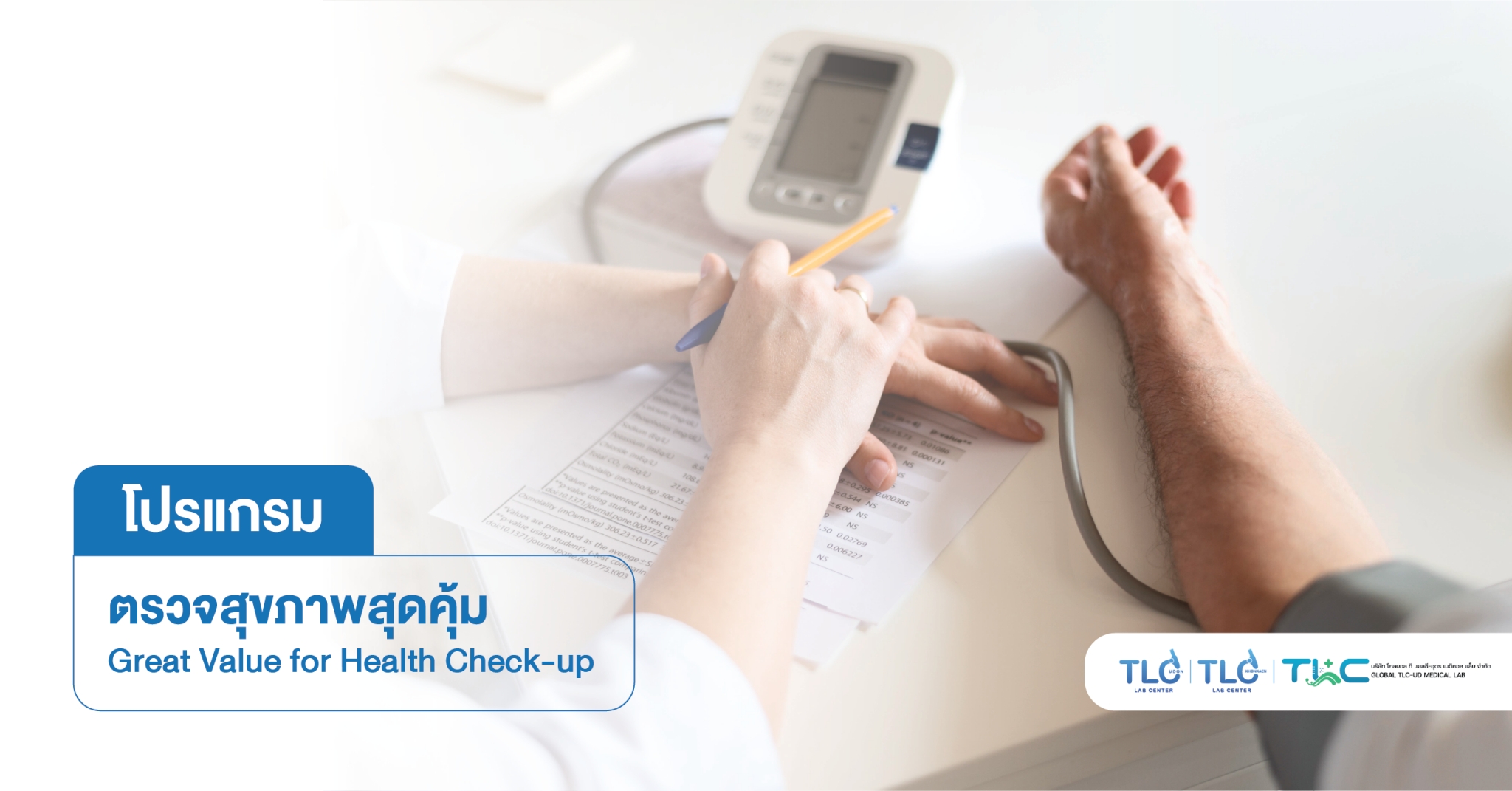What is the blood test and what can it tell us?
You may have heard the term “blood test” or “health check-up” when visiting hospitals or clinics. It involves the collection of a blood sample from a person to analyze and evaluate different chemical levels in the body. Let’s learn more about it.
A blood test can provide information on:
- Determine biochemical to evaluate organ function and detect diseases like diabetes, heart disease, liver disease, kidney disease, stroke, gout, arthritis, and SLE.
- Detecting tumor markers for various types of cancer, including liver cancer, colorectal cancer, pancreatic cancer, breast cancer, ovarian cancer, testicular cancer
- Measuring levels of vitamins, minerals, and trace elements, which are essential for overall health
- Monitoring medication levels in the body.
Identifying levels of toxins in our body, such as lead, mercury, cyanide, or pesticides.
- Determining blood alcohol levels.
Diagnosing anemia like Thalassemia and Iron deficiency anemia
- Detecting autoimmune diseases such as SLE (systemic lupus erythematosus), rheumatoid arthritis, and septicemia.
- Exploring anti-aging substances.

A blood test can be divided into the following categories:
- Diagnostic tests: These tests are performed to diagnose diseases, determine the causes of abnormalities, or monitor the disease progression for effective treatment.
- Health check-up: These tests are conducted to prevent illnesses, evaluate cellular deterioration in the body, or prepare for family planning. It is recommended to undergo regular health check-ups at least once a year.
- Anti-aging tests: These tests are aimed at identifying substances associated with anti-aging and proactively managing one’s health before the onset of illness.
Where to get blood testing service?
To have a blood test, individuals can avail the services of medical laboratory technicians at medical technology clinics or both public and private hospitals.

















